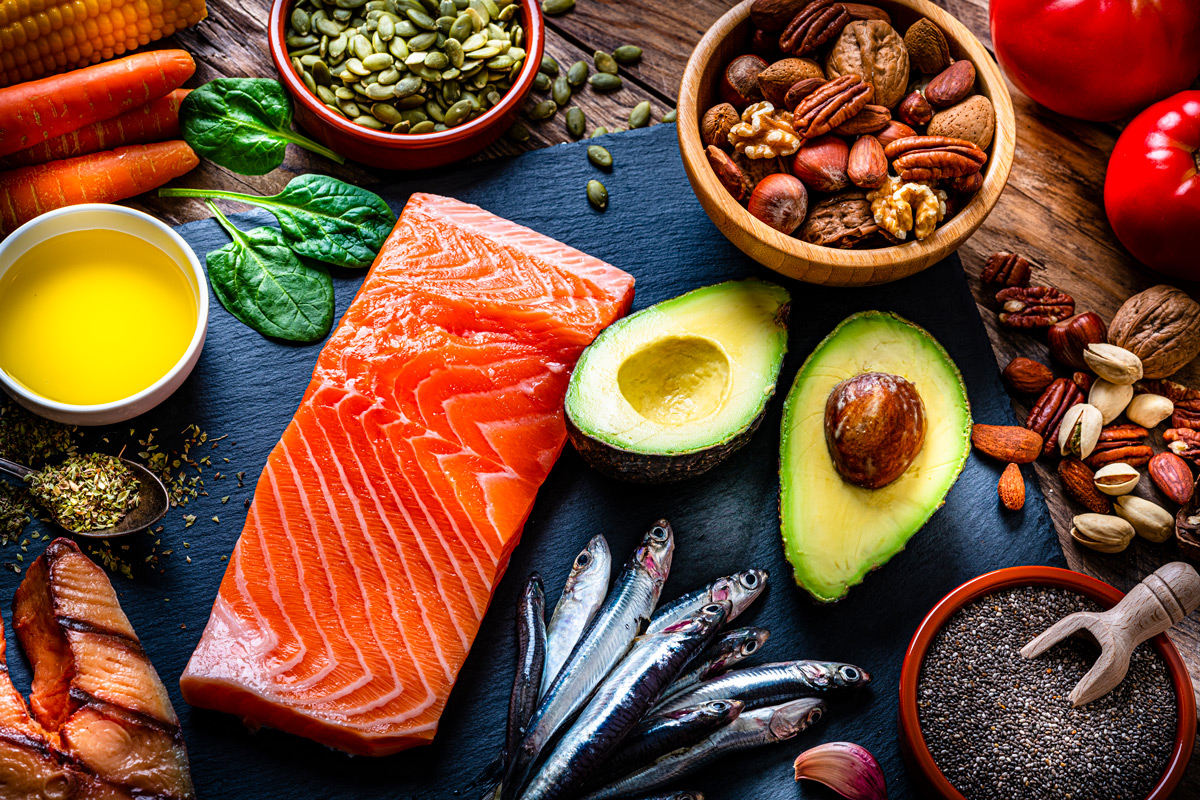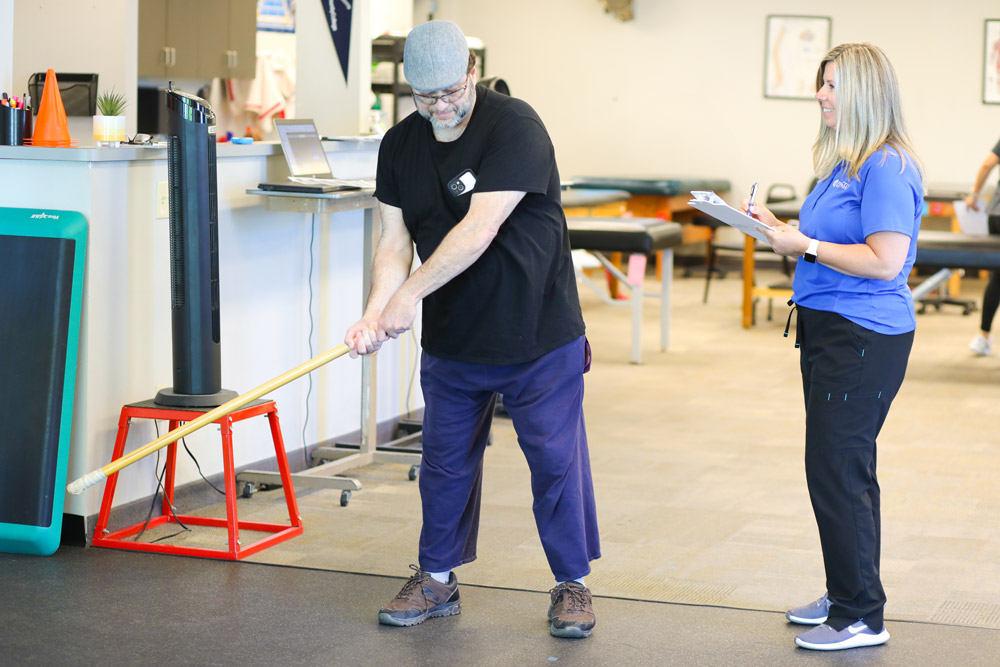The ancient Greek physician Hippocrates wisely declared, “Let food be thy medicine and medicine be thy food.” Since then, advances in science and nutrition have supported what Hippocrates knew thousands of years ago: what you eat has a direct correlation with your physical health or nutrition plays an important role in athletic performance. Proper nutrition can ensure that you perform to the best of your abilities athletically and spend less time recovering in our physical therapy clinic, all from being conscious and mindful of what you’re consuming.

Increase Athletic Performance
Formula 1 drivers wouldn’t put regular gas in their cars before a race. Similarly, marathon runners wouldn’t gorge themselves on Burger King before running a marathon. For your body to function at optimal performance, it should be fueled by premium fuel. Instead of foods laden with empty calories, fats, and sodium. Athletes should consume real, whole foods that benefit the body, like lean proteins and carbohydrates that are low glycemic index (GI) or “complex” carbohydrates. Lean protein from sources like chicken, fish, or legumes helps repair muscle tissue after strenuous exercise. Low-GI carbohydrates like sweet potatoes and brown rice are broken down and absorbed slowly to produce the steady energy your body needs.
In addition to improved athletic performance, proper nutrition can impact the time you spend in our physical therapy clinics recovering from injury. Inflammation is our body’s way of responding to injury or something foreign in the body. Eating properly can decrease inflammation that damages tissues, impact joints and arthritis, and impedes recovery. Eating foods consisting of fruits, leafy green vegetables, fish, nuts and seeds has decreased inflammation, which creates an easier path to recovery.
Fight Off Sickness & Disease
The pH scale runs from 0, being the most acidic, to 14, being the most alkaline. A pH of 7 is considered neutral. A healthy body should be slightly alkaline, with a blood pH level of around 7.4. However, eating a diet of highly processed acidic foods can throw off your pH level and provide the perfect environment for inflammation, sickness, and disease. Foods that promote an acidic environment include those laden with sugars or artificial sweeteners or highly processed foods. They encourage the same inflammation that impedes recovery and promotes injury, sickness, and disease, which thrive in an acidic environment. Eating a healthy diet that promotes a balanced pH level can help combat these issues.

Eat Real Food
Opt for real foods like fruits, vegetables, nuts, whole grains, and protein sources from legumes, fish, and chicken. Cooking your own meals ensures that you know exactly what ingredients go into them. While it may seem like more work to prepare your food, there are plenty of resources and healthy cookbooks with no-fuss yet tasty recipes.
Avoid These Foods
Limit eating sugar and high GI simple carbohydrates like refined flour found in bread, cereals, and pasta. These foods are broken down quickly, spiking your blood sugar and insulin levels, and causing a crash later. Monitor your sodium intake as well as trans fats. Avoid artificial sweeteners altogether—they provide no health benefits, are chemical-laden, and throw off the body’s natural hormones.
At ProActive Physical Therapy, our goal is to get you back to the activities you love. Looking for more tips on how to live a healthy life? Contact a ProActive clinic near you to schedule an appointment!




